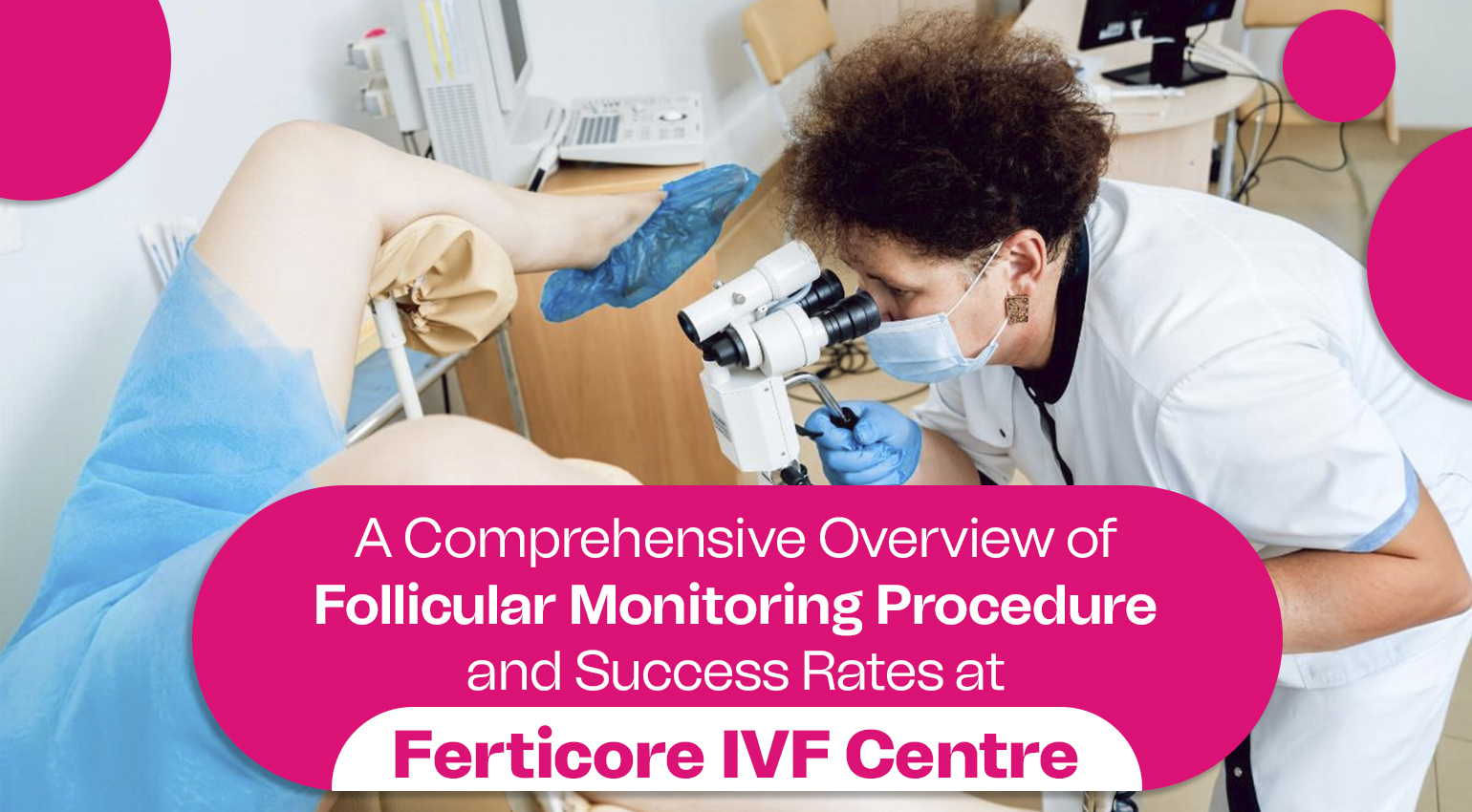
In the field of assisted reproductive technology (ART), follicular tracking for pregnancy plays a vital role in the success of fertility treatments, especially In Vitro Fertilization (IVF). Ferticore IVF Centre, renowned for its advanced reproductive health care, emphasizes the importance of follicular monitoring in improving success rates and providing personalized care to each patient.
Follicular tracking refers to the process of tracking the growth and development of ovarian follicles during a woman’s menstrual cycle. Follicles, which contain the eggs, need to grow and mature properly for successful ovulation, fertilization, and pregnancy. In IVF, follicular tracking IVF is essential to determine the best time for follicular tracking, including the optimal moment for egg retrieval or ovulation induction.
The process involves regular transvaginal ultrasounds and blood tests to monitor follicular development, measure hormone levels, and assess the readiness of the eggs for retrieval or fertilization.
In IVF, ovarian stimulation is managed using fertility medications to produce multiple mature eggs in one cycle. Follicular monitoring IVF process ensures that the ovarian stimulation is proceeding as expected and provides critical information that helps tailor the treatment for better outcomes.
Precise Timing of Egg Retrieval: Proper monitoring helps doctors identify the optimal time for egg retrieval. This is crucial, as retrieving eggs too early or too late can significantly impact the success of fertilization and embryo development.
Personalized Medication Adjustments: Every woman’s body responds differently to fertility medications. Regular follicular monitoring allows doctors at Ferticore IVF Centre to adjust medication doses and schedules based on how the ovaries are responding, ensuring the best possible conditions for egg maturation.
Minimizing Risks: Follicular monitoring helps detect and manage complications like Ovarian Hyperstimulation Syndrome (OHSS), a condition where the ovaries become swollen and painful due to excessive stimulation. Early detection helps prevent severe outcomes, ensuring the safety of the patient.
Improving Success Rates: By carefully monitoring follicle development, doctors can ensure that the follicles are mature and the eggs are viable, ultimately increasing the chances of a successful IVF cycle.
Follicular monitoring in IVF typically begins early in the menstrual cycle and continues until the eggs are ready for retrieval. The process can be broken down into several key stages:
Initial Assessment
On Day 2 or 3 of the menstrual cycle, patients undergo an initial ultrasound and blood test to assess their hormone levels (e.g., estradiol and follicle-stimulating hormone) and to evaluate the baseline condition of the ovaries.
Ovarian Stimulation
Fertility medications are given to stimulate the growth of multiple follicles. This is monitored with ultrasounds every 2-3 days to assess the number and size of developing follicles.
Monitoring Follicle Growth
Regular ultrasounds track the size and development of the follicles. A typical mature follicle measures between 18-22 mm. Blood tests are also conducted to monitor hormone levels, which reflect how well the body is responding to the medications.
Triggering Ovulation
Once the follicles have matured, a trigger shot of hCG (human chorionic gonadotropin) is administered to induce the final maturation of the eggs. This prepares the follicles for egg retrieval or ovulation induction.
Egg Retrieval
Approximately 36 hours after the trigger shot, eggs are retrieved via a minor surgical procedure called transvaginal aspiration. The timing of egg retrieval is crucial for optimizing the chances of successful fertilization and embryo development.
The best time for follicular tracking is early in the menstrual cycle. The process typically begins on Day 2 or 3, and through a series of ultrasounds and blood tests, the growth of the follicles is closely tracked until they reach maturity. In IVF, precise timing of egg retrieval, based on follicular monitoring, significantly enhances the chances of successful fertilization and pregnancy.
At Ferticore IVF Centre, follicular monitoring IVF is a key factor in achieving high IVF success rates. Success in IVF depends on several factors:
Ferticore IVF Centre uses advanced imaging and hormone testing technologies to ensure precise follicular tracking. State-of-the-art transvaginal ultrasound equipment enables doctors to monitor follicle growth with great accuracy, while hormone testing provides vital insights into how the body is responding to the fertility treatment.
Follicular monitoring is essential to the success of IVF. By tracking follicle development, determining the right timing for egg retrieval, and personalizing medication protocols, this process greatly improves the chances of a successful outcome. At Ferticore IVF Centre, expert care and advanced technology combine to offer patients the best chance of achieving their dream of parenthood.
For more information on follicular monitoring IVF or to schedule a consultation, contact Ferticore IVF Centre today.
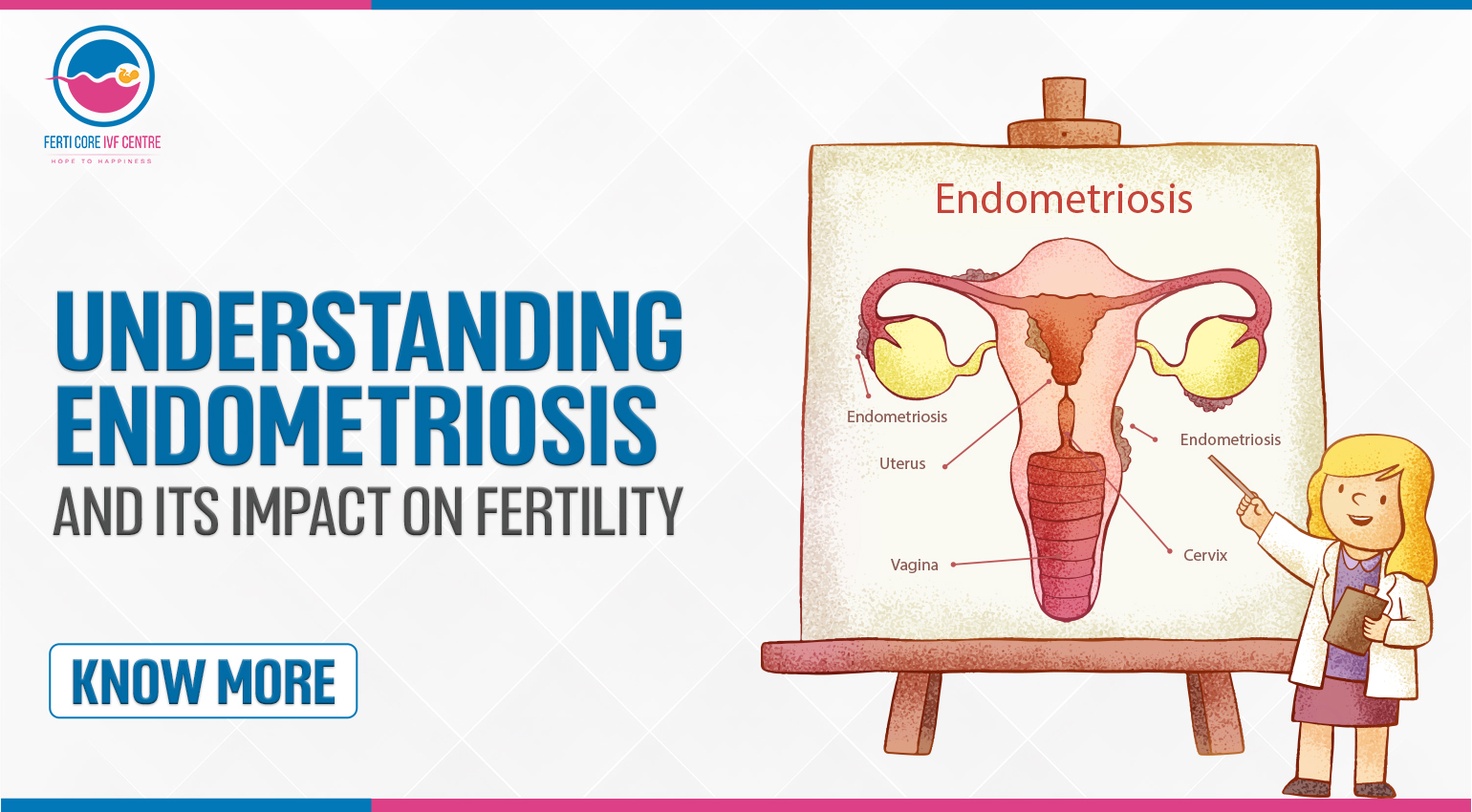 Understanding Endometriosis and its Impact on Fertility
Understanding Endometriosis and its Impact on Fertility
 10 Best Foods That Can Enhance IVF Success and Boost Fertility Naturally
10 Best Foods That Can Enhance IVF Success and Boost Fertility Naturally
 Navigating the IVF Journey: A Step-by-Step Guide
Navigating the IVF Journey: A Step-by-Step Guide
 Personalized Care in IVF: Tailoring Treatments for Individual Needs
Personalized Care in IVF: Tailoring Treatments for Individual Needs
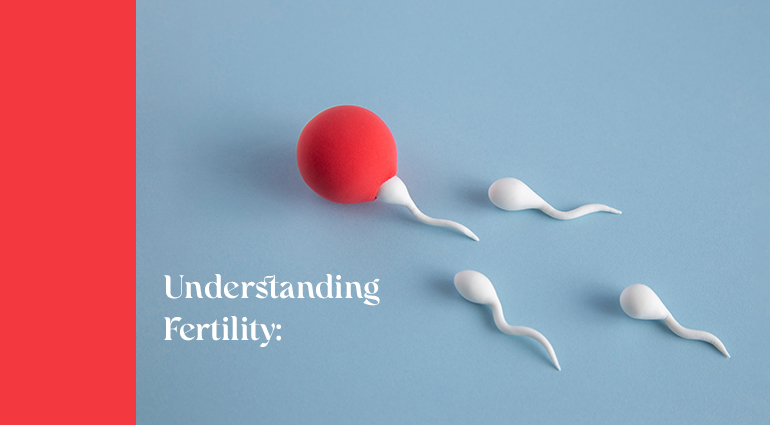 Understanding Fertility: Common Causes and Treatments
Understanding Fertility: Common Causes and Treatments
 Things You Must Know About Intrauterine Insemination (IUI) Treatment- Ferticore IVF centre
Things You Must Know About Intrauterine Insemination (IUI) Treatment- Ferticore IVF centre
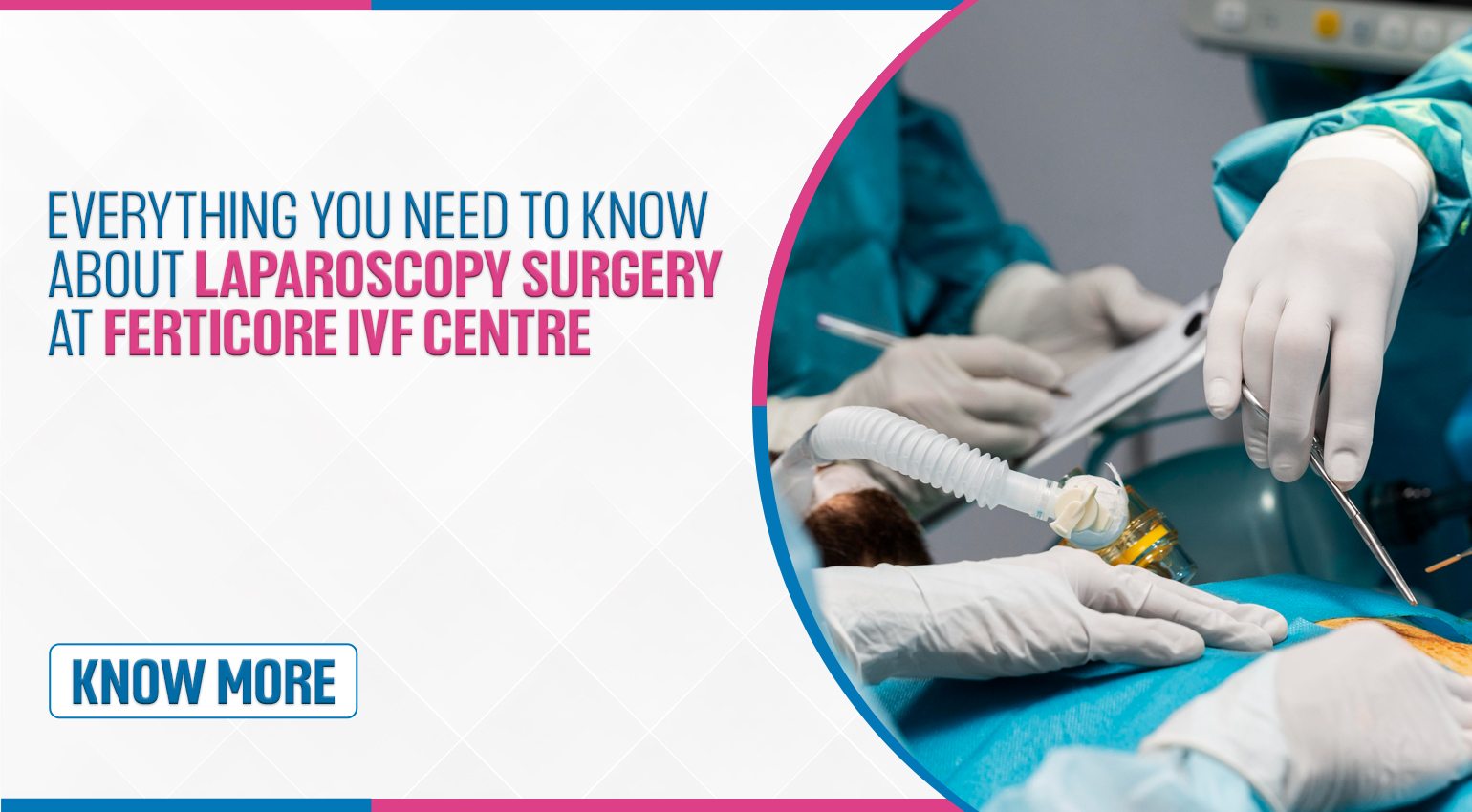 Everything You Need To Know about Laparoscopy Surgery at Ferticore IVF Centre
Everything You Need To Know about Laparoscopy Surgery at Ferticore IVF Centre
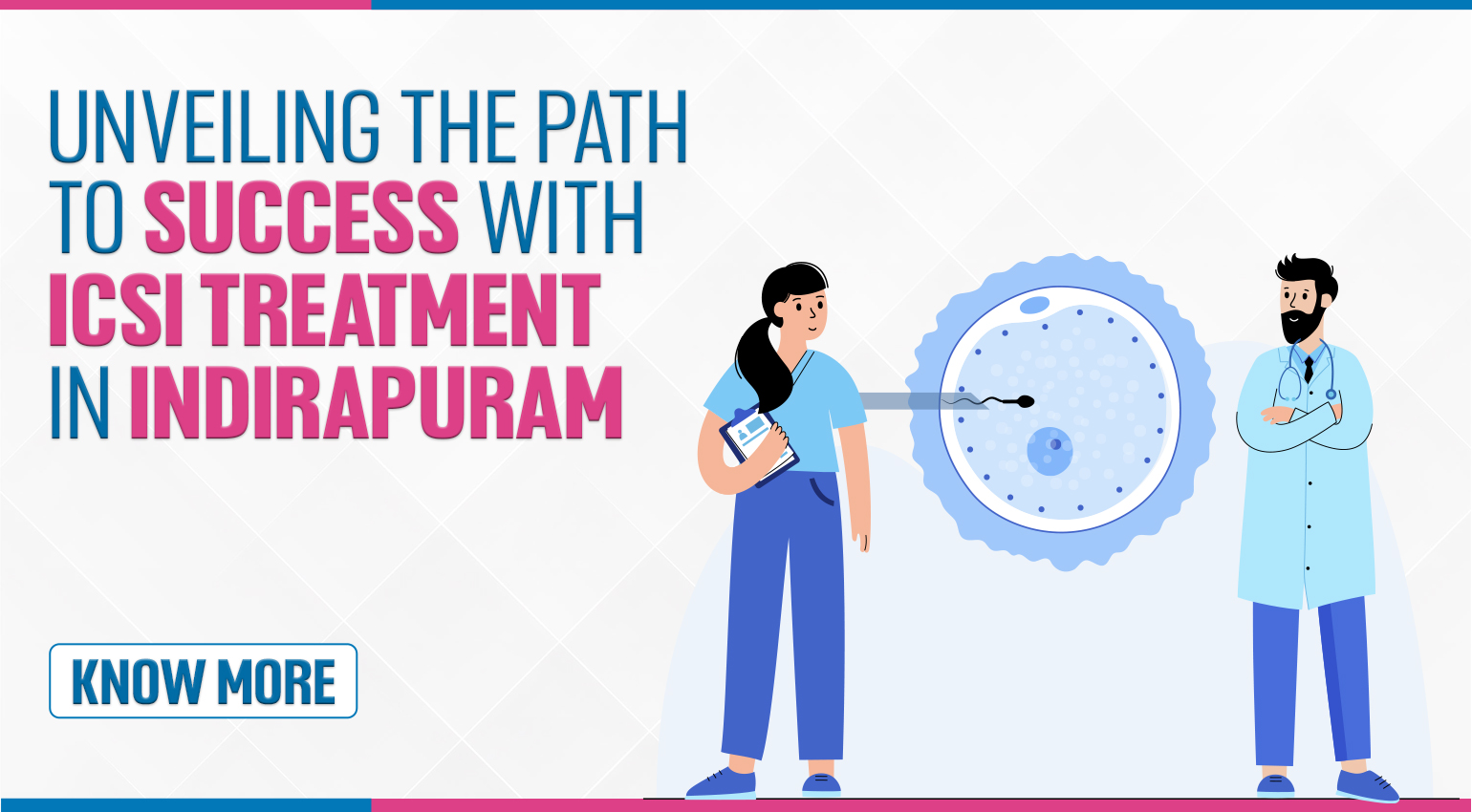 Unveiling the Path to Success with ICSI Treatment in Indirapuram - Ferticore IVF Centre
Unveiling the Path to Success with ICSI Treatment in Indirapuram - Ferticore IVF Centre
 10 Key Questions to Ask Your Fertility Specialist About IVF at Ferticore IVF Center
10 Key Questions to Ask Your Fertility Specialist About IVF at Ferticore IVF Center
 A Comprehensive Overview of Follicular Monitoring Procedure and Success Rates at Ferticore IVF Centre
A Comprehensive Overview of Follicular Monitoring Procedure and Success Rates at Ferticore IVF Centre
 Everything You Need to Know About Evaluation of Male Infertility
Everything You Need to Know About Evaluation of Male Infertility
 Understanding the Connection between Stress and Infertility
Understanding the Connection between Stress and Infertility
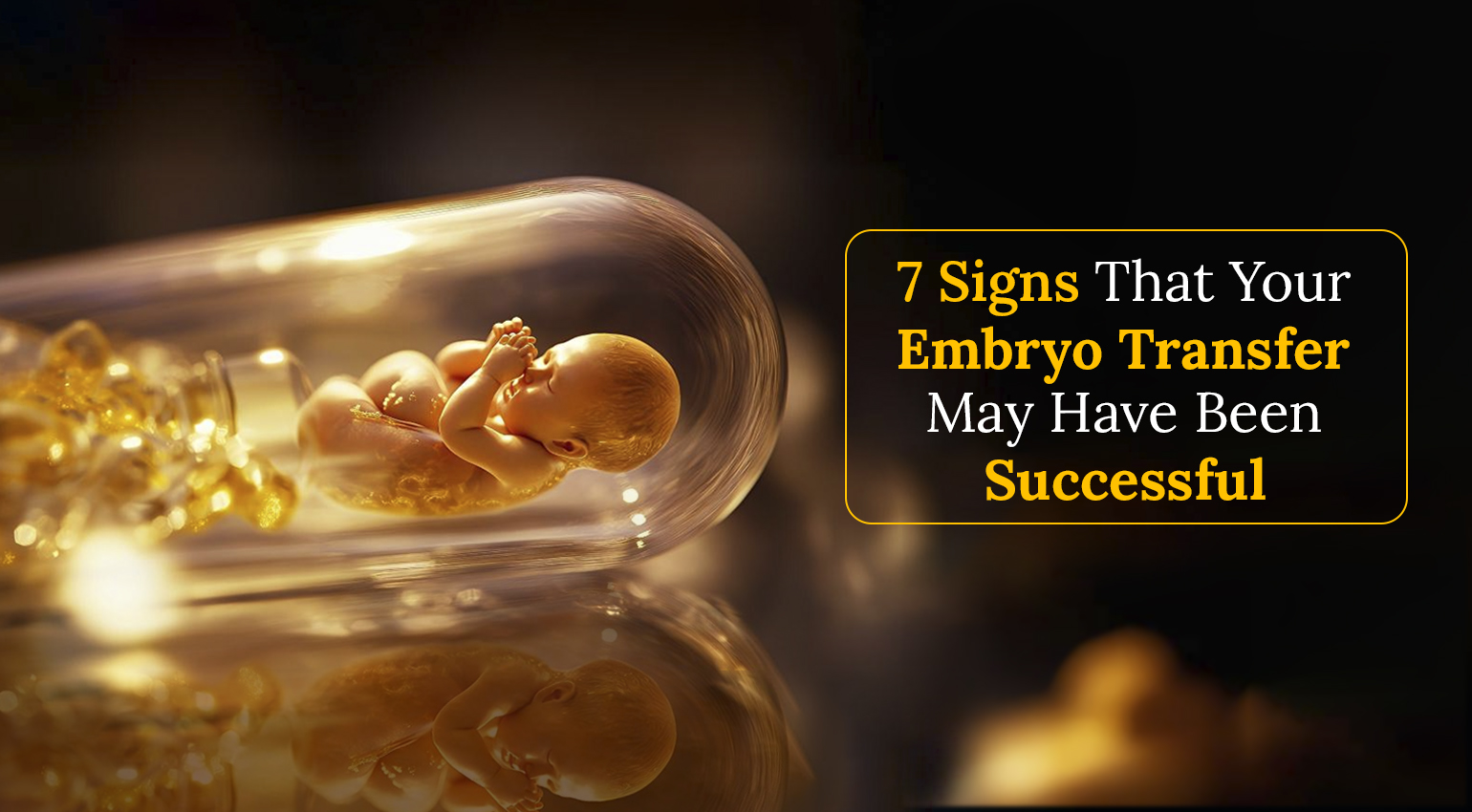 7 Signs That Your Embryo Transfer May Have Been Successful
7 Signs That Your Embryo Transfer May Have Been Successful
 All You Need to Know About Preserving Female Fertility
All You Need to Know About Preserving Female Fertility
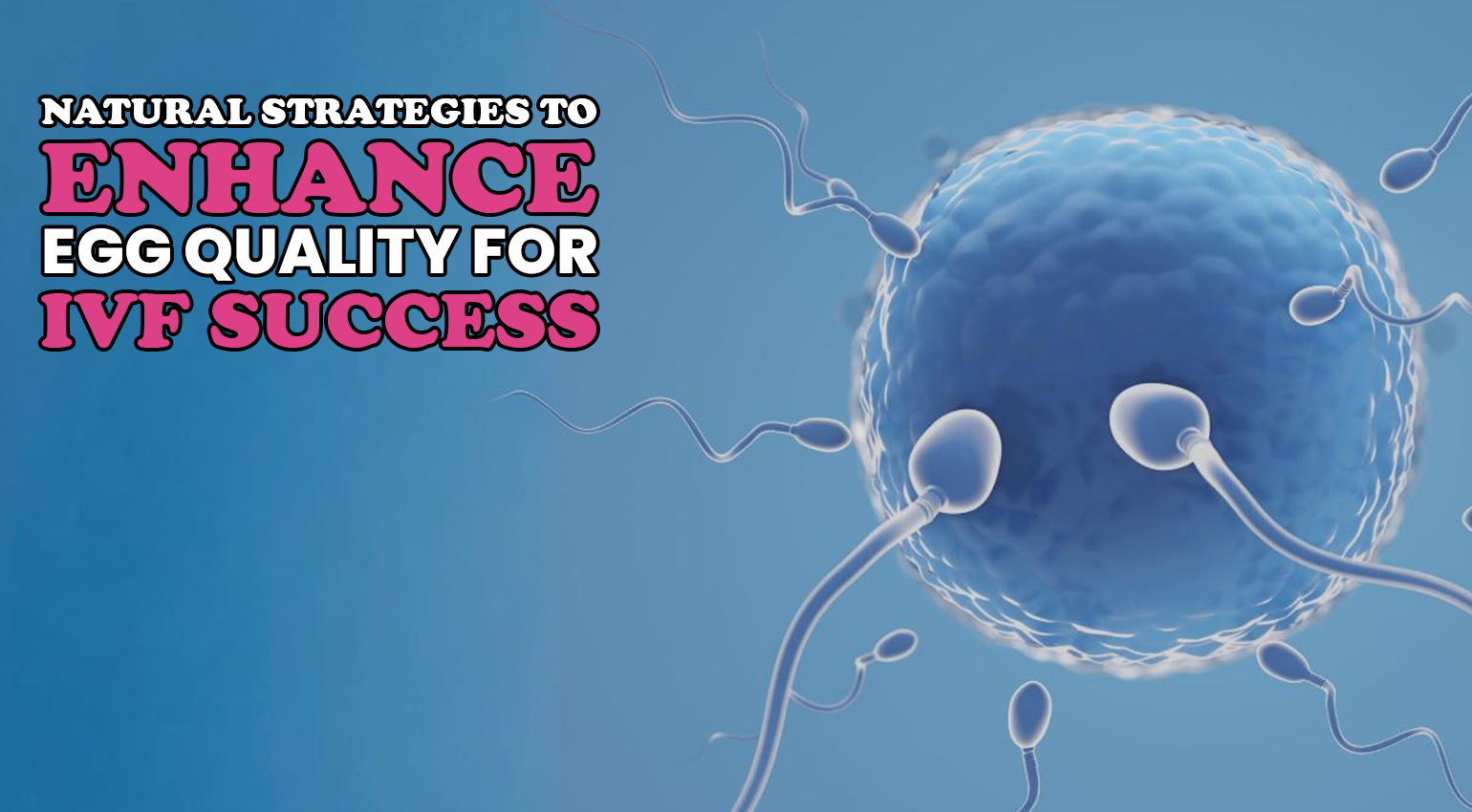 Natural Strategies to Enhance Egg Quality for IVF Success - Ferticore IVF Centre
Natural Strategies to Enhance Egg Quality for IVF Success - Ferticore IVF Centre
Copyright © 2024 . Designed By Wafi Media Marketing Solutions Pvt. Ltd.